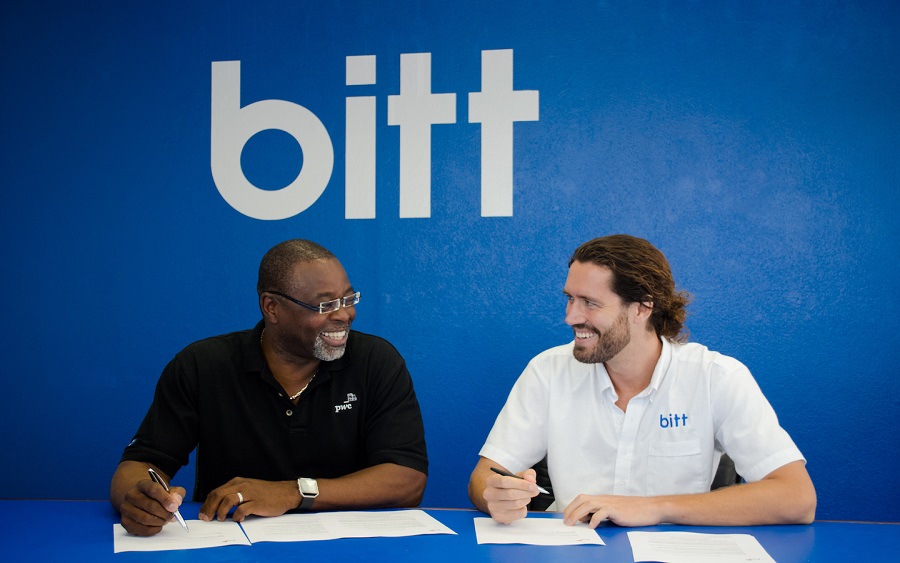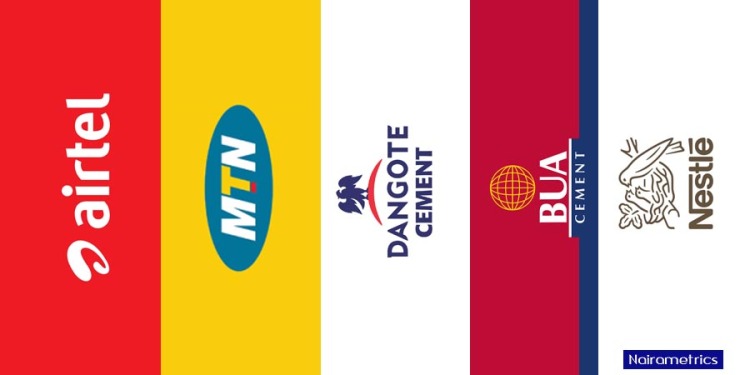On Monday, August 30th the Central Bank of Nigeria announced it had selected Bitt as the technical partner for its digital currency, dubbed eNaira, which would be presented later this year.
This announcement has sparked the interest of people wishing to learn more about the company and how Nigerians would profit from it.
READ: Why the CBN’s digital currency plan is a gift and a curse
Bitt is a financial technology business that uses blockchain and distributed ledger technology to enable safe peer-to-peer transactions with seamless mobile money across Bitt’s software and mobile apps.
Bitts core objective is to develop payment systems for people, merchants, banks, and central banks that promote social inclusion, financial empowerment, and economic growth for current and future generations.
READ: e-Naira: CBN sets N50,000 maximum transfer limits for non-account holders
Why the CBN selected Bitt Inc
“The CBN’s selection of Bitt Inc, from among highly competitive bidders, was hinged on the company’s technological competence, efficiency, platform security, interoperability, and implementation experience.
“In choosing Bitt Inc, the CBN will rely on the company’s tested and proven digital currency experience, which is already in circulation in several Eastern Caribbean Countries. Bitt Inc. was key to the development and successful launch of the central bank digital currency (CBDC) pilot of the Eastern Caribbean Central Bank (ECCB) in April 2021,” the CBN said.
READ: Exclusive: Digital Currency partner, Bitt Inc to register in Nigeria, CBN to own stake
Have they done it before?
The Eastern Caribbean Central Bank (ECCB) and Bitt Inc., a Barbados-based fintech firm, signed a contract in 2019 to test a blockchain-based central bank digital currency (CBDC) inside the Eastern Caribbean Currency Union (ECCU).
ECCB was established in October 1983. It is the Monetary Authority for eight island economies: Anguilla, Antigua and Barbuda, Commonwealth of Dominica, Grenada, Montserrat, St Kitts and Nevis, Saint Lucia, and St Vincent and the Grenadines.
During this experiment, the ECCB issued a digital version of the Eastern Caribbean dollar (DXCD) as legal currency. ECCB launched its historic “DXCDCaribe” pilot on 12 March 2019. ‘D’, representing digital, is prefixed to ‘XCD’ – the international currency code for the EC dollar.
READ: The digital currency race between Nigeria and Ghana – A win-win for AfCFTA?
The pilot involved a securely minted and issued digital version of the EC dollar – DCash which aimed to assess the potential efficiency and welfare gains that could be achieved, including deeper financial inclusion, economic growth, resilience, and competitiveness in the ECCU, from introducing a digital sovereign currency.
Cash will be issued by the ECCB and distributed by the licensed bank and non-bank financial institutions in the Eastern Caribbean Currency Union (ECCU). According to the ECCB, it will be used for financial transactions between consumers and merchants, people-to-people (P2P) transactions, all using smart devices.
The ECCB expects that residents of the ECCU will have more chances for financial growth, competitiveness, and resilience by implementing the pilot. The DXCD pilot was aimed to address the concerns listed below:
- Relatively high costs of current payment methods and banking services within the ECCU.
- Inadequacy of banking services in addressing the needs of various customers.
- Inefficient processes of settling cheque transactions, which slow the pace of commerce.
Who runs bitt Inc?
Gabriel Abed is the Co-Founder and CEO of Bitt Inc., recognized as the Caribbean’s leading authority on digital currencies.
Born and based in Barbados, a country in the Caribbean, at the age of 30, the entrepreneur is also an internationally acknowledged authority on the digital currency revolution. He has also led several discussions on Blockchain Technology topics at the Caribbean Development Bank (CBD), the International Monetary Fund and World Bank, the United Nations, the Commonwealth Secretariat, multiple Central Bank forums, and other world stages.
He believes that there are revolutionary and unprecedented solutions to address the range of disruptive issues associated with blockchain technology, including de-risking, digital cash issuance, remittance, and payment gateways while providing the immense transformative potential to kick-start the region’s economic resurgence through an intelligent digital economy.
This purpose is why his company, Bitt, was established to offer these revolutionary solutions and financial solutions to the Caribbean’s unbanked community, hence, promoting the idea of inclusivity.
Other key players in the company who are executives
Brian Popelka is the current President of Bitt. Laurent Feral Pierssens is the Chief Operating Officer at Bitt and Partner at boutique consulting firm BlockZero. Amongst other roles, Laurent was previously Global CBDC Leader at Deloitte, where he built the team’s delivery capabilities, market activation, and partnerships.
Simon Chantry is a Co-founder of Bitt and has held multiple roles within the firm, including Director, Chief Operations Officer, and Chief Business Development Officer. He brought the company’s Digital Currency Management System to market in Q4 2017.
Jim Martin is the Chief Technology Officer. He brings enterprise software development and blockchain experience to Bitt.
Patrick Hidalgo is the Chief Financial Officer of the firm. Before joining Bitt, he helped grow Proprietary Capital, a mortgage derivative hedge fund, from $100MM to $600MM assets under management (AUM). He did everything from analyzing collateral and stress testing the portfolio to building strategic partnerships for repo lending, hedging, and regulatory compliance.
Marla Dukharan brings 20 years of experience as an economist in the Caribbean financial services sector to Bitt. He is regarded internationally as a chief point of reference on regional economic issues. Her resolve to play an active role in supporting solutions to the Caribbean’s economic and social challenges led her to join Bitt in 2017.
Bitt Inc. to register in Nigeria, CBN to own stake
Nairametrics reported in an exclusive that Nigeria’s Central Bank plans to own a stake in Bitt Inc. Based on reliable sources within the Central Bank, it was stated that one of the conditions being considered for accepting Bitt Inc is for the company to register in Nigeria as a Limited Liability company allowing the central bank to own shares in its Nigerian entity.
The Central Bank of Nigeria has had a long-standing policy of being a shareholder in several financial payment services backbone such as NIBSS, NEFT, etc. Hence, this step has formidable precedence.
Ghana went with Giesecke + Devrient (G+D)
Similar to the move made by the apex bank of Nigeria (CBN), the Bank of Ghana partnered with Giesecke + Devrient (G+D), a competitor of Bitt Inc., to pilot a general-purpose Central Bank Digital Currency (retail CBDC) in Ghana, West Africa. G+D provides the technology and develops the solution adapted to Ghana’s requirements, which will be tested in a trial phase with banks, payment service providers, merchants, consumers, and other relevant stakeholders.
“The Bank of Ghana has signed an agreement with G+D to implement a pilot CBDC project as a precursor to the issuance of a digital form of the national currency, the Cedi.
“The project is part of the ‘Digital Ghana Agenda,’ which involves digitizing 30 million people and its government services. The digital Cedi, or ‘e-Cedi,’ is intended to complement and serve as a digital alternative to physical cash, thus driving the Ghanaian cash lite agenda by promoting diverse digital payments while ensuring a secure and robust payment infrastructure in Ghana.
“It also aims to facilitate payments without a bank account, contract, or smartphone, by so doing boosting the use of digital services and financial inclusion amongst all demographic groups,” said the Bank of Ghana.
















